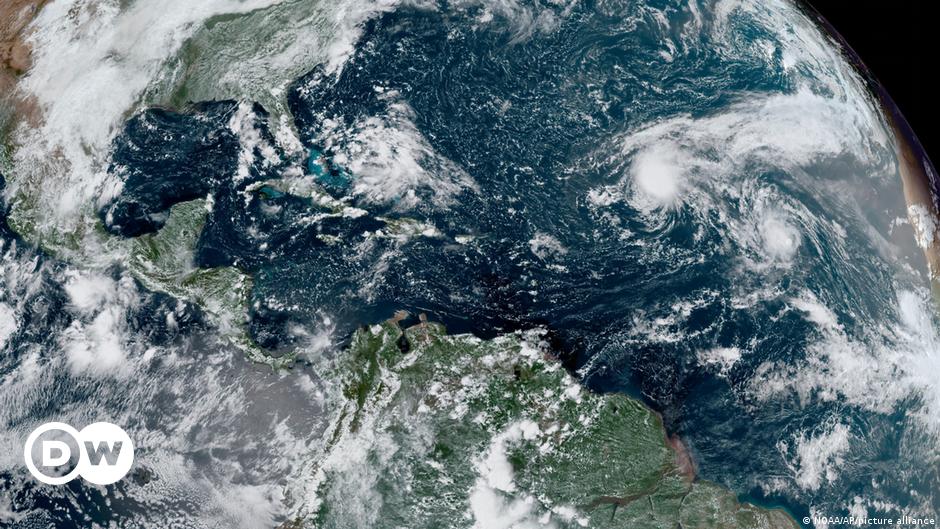Scientists warn that the oceans are losing their memory Science and Ecology | Dr..

Ocean memory, and the persistence of ocean conditions, is an important source of predictability in the climate system beyond meteorological time scales. However, as our climate changes, so does the oceans around us, with obvious anomalies not only in ocean temperature, but also in structure, currents, and even color.
Now a study led by Daisy Hui Shi, an atmospheric scientist at the Farallon Institute in Petaluma, California, suggests that climate change is causing the world’s oceans to lose their “memory.”
According to the research, this is because the naturally stable ocean environment is becoming increasingly unpredictable and erratic, losing its ability to regulate and “remember” modern conditions, including temperatures, somewhat similar to ocean amnesia, According to the scientists in their report published in science advances.
Researchers from different institutes, including University of Hawaii at Manoa, They reached their conclusions by evaluating the future projections of the latest generation of Earth system models.
“It’s as if the ocean has amnesia”
“We show that ocean memory, as measured by persistence of anomalous changes in sea surface temperature from year to year, is expected to decline steadily over most of the planet in the coming decades,” Hui Shi said. “It’s as if the ocean has amnesia,” he added.
Unlike the weather, which can change drastically every day, changes in the ocean happen slowly, and the ability to maintain this stability is like the “memory” of the ocean.
Scientists explain that this memory has an excellent relationship with the thickness of the upper layer of the ocean, known as the mixed layer (MLD). After studying sea surface temperatures (SSTs), the researchers expect the section to become less shallow with climate change. why?
According to the researchers, the effects of shallower waters in MLD will lead to higher levels of water mixing at the top of the ocean, effectively thinning the upper layer.
Thermal inertia of the oceans
Higher enthalpy in deeper mixed layers gives greater thermal inertia which translates into memory. When exposed to anthropogenic warming, the mixed layer becomes shallow, resulting in reduced ocean memory.
This shallow depth, according to the research, is mostly observed in spring and summer, when temperatures are higher. Now, with significant temperature changes expected in the coming decades, sea surface temperatures are expected to fluctuate in unusual ways.
“We discovered this phenomenon by studying the similarity of ocean surface temperature from year to year as a simple measure of ocean memory,” Hoy explained.
“The decrease in ocean memory and the increase in random fluctuations point to fundamental system changes and new prediction challenges under warming,” said Fei Fei Jin, professor of atmospheric sciences in UH Mānoa’s School of Oceanic and Earth Sciences and Technology. .
Consequences for marine animals
It’s not clear what this means for marine wildlife, but the researchers note that “population effects are likely,” although some species are expected to adapt better than others.
The scientists thus note that “low ocean memory can make this estimate inaccurate and call for new approaches to ecosystem-based fisheries management that include both real-time ocean monitoring and other efforts.”
On the other hand, the deterioration in ocean memory is expected to make ocean dynamics much more difficult to predict, reducing lead times for all kinds of SST-related predictions. This will hinder our ability to forecast monsoons, marine heat waves (OMC), and periods of severe weather, among other things.
“In addition to ocean forecasting, prediction of land-based effects on temperature, precipitation, and extremes can also be affected by the deterioration of ocean memory due to its dependence on persistent sea surface temperature as a forecast source. As ocean memory continues to deteriorate, researchers will likely have to search for alternative predictions to work Accurate predictions.
Edited by Felipe Espinosa Wang.




